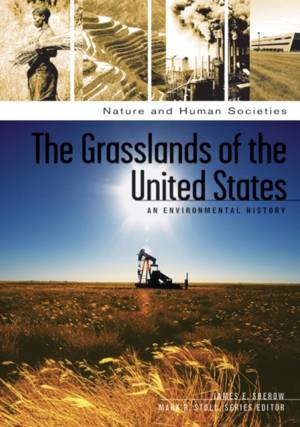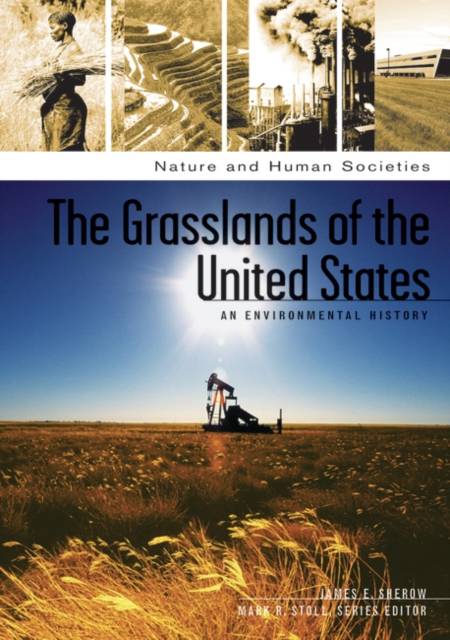
En raison d'une grêve chez bpost, votre commande pourrait être retardée. Vous avez besoin d’un livre rapidement ? Nos magasins vous accueillent à bras ouverts !
- Retrait gratuit dans votre magasin Club
- 7.000.000 titres dans notre catalogue
- Payer en toute sécurité
- Toujours un magasin près de chez vous
En raison de la grêve chez bpost, votre commande pourrait être retardée. Vous avez besoin d’un livre rapidement ? Nos magasins vous accueillent à bras ouverts !
- Retrait gratuit dans votre magasin Club
- 7.000.0000 titres dans notre catalogue
- Payer en toute sécurité
- Toujours un magasin près de chez vous
Description
This unique survey of the environmental history of the grasslands in the United States explores the ecological, social, and economic networks enmeshing humans in this biome over the last 10,000 years.
"Treeless, level, and semi-arid." Walter Prescott Webb's famous description of the Great Plains is really only part of their story. From their creation at the end of the Ice Age to the ongoing problems of depopulation, soil erosion, polluted streams, and depleted groundwater aquifers, human interaction with the prairies has often been controversial. Part of ABC-CLIO's Nature and Human Societies series, The Grasslands of the United States: An Environmental History explores the historical and ecological dimensions of human interaction with North America's grasslands. Examining issues as diverse as whether the arrival of the Paleo-Indians led to the extinction of the mammoth and the consequences of industrialization and genetically modified crops, this invaluable reference synthesizes literature from a wide range of authoritative sources to provide a fascinating guide to the environment of this biome.Spécifications
Parties prenantes
- Auteur(s) :
- Editeur:
Contenu
- Nombre de pages :
- 408
- Langue:
- Anglais
- Collection :
Caractéristiques
- EAN:
- 9781851097203
- Date de parution :
- 01-05-07
- Format:
- Livre relié
- Format numérique:
- Genaaid
- Dimensions :
- 184 mm x 255 mm
- Poids :
- 975 g

Les avis
Nous publions uniquement les avis qui respectent les conditions requises. Consultez nos conditions pour les avis.






